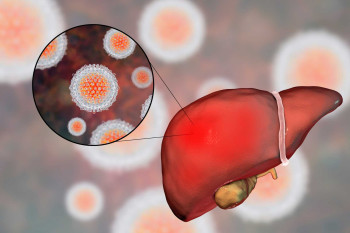Maintaining good oral health is more than just a bright smile—it’s an essential part of overall well-being. Many people are unaware of how daily habits and regular dental visits can prevent serious dental issues. From brushing routines to understanding how oral health affects the entire body, there are key facts that everyone should keep in mind to safeguard their teeth and gums.
Brushing your teeth at least twice a day plays a critical role in cavity prevention. Plaque, a sticky substance that forms from food debris and bacteria, builds up on your teeth and can lead to cavities if not removed. Along with brushing, flossing daily helps clean areas between teeth where a toothbrush can’t reach. This simple routine is your first line of defense against cavities and gum disease.
Gum disease, also called periodontal disease, is another major concern. It is not only one of the main causes of tooth loss in adults but is also linked to serious health conditions like heart disease and stroke. Early-stage gum disease, or gingivitis, is treatable and reversible. Without timely treatment, it can progress to periodontitis, which involves bone loss. Brushing, flossing, and regular dental check-ups are crucial in preventing this.
Visiting the dentist regularly is essential to catch issues early before they become severe. Routine check-ups and cleanings can help prevent cavities, gum disease, root canals, and even oral cancer. Many dental problems develop quietly and are only noticed when they become painful or complicated. Preventive care is always simpler and less costly than treating advanced dental issues.
Persistent bad breath is often caused by an underlying dental condition. Around 85% of people with ongoing bad breath have issues like gum disease or cavities. Mouthwash may mask the smell temporarily, but it doesn’t treat the root cause. Flossing, brushing your teeth and tongue twice a day, and consulting a dentist can significantly reduce or eliminate bad breath. And when you experience any form of tooth pain, even mild or occasional, scheduling an appointment with a specialized dentist is necessary. Ignoring it may lead to serious complications requiring more invasive treatments.





